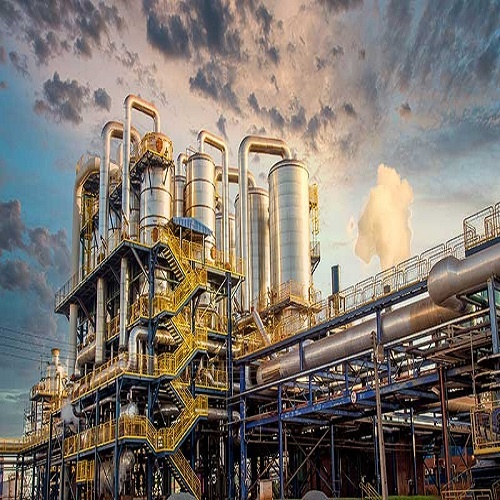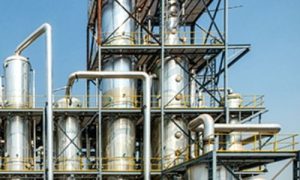Anna varsity ties up with HPCL to produce cellulose enzyme

Anna University and HPCL’s Green R&D Centre, Bengaluru, collaborate to scale up cellulase enzyme production for 2G ethanol manufacture, aiming for energy independence and job creation. The project involves technology transfer, bioprocess improvement, and genetic interventions. Professor S. Ramalingam leads the university’s efforts, funded initially by DBT Virtual Enzyme Centre. Efficient enzyme blends crucial for biofuel production.
Anna University and Hindustan Petroleum Corporation Limited’s Green Research and Development Centre, Bengaluru, have signed an agreement to scale up a process developed by the university for cellulase enzyme production used in cellulosic ethanol (2G ethanol) manufacture.
2G ethanol, in large volumes, would help to reduce fuel import and thus enhance energy independence. It could increase ethanol blend target, alleviate the issue of crop burning and reduce air pollution. This would not only improve health outcomes but also create jobs and bring additional revenue to farmers. HPCL Green R&D Centre has developed indigenous technologies such as HP-ASAP to produce bioethanol, and HP-RAMP to produce biogas from lignocellulosic biomass.
The technologies have been tested at the pilot scale, and various demonstration/commercial scale plants are being planned across the country. The centre is also developing in-house cellulase enzymes for 2G ethanol production, besides developing technologies for the production of high value metabolites produced through microbial fermentation. S. Ramalingam and his team at the university’s Biotechnology department has developed a process for improved production of cellulose enzymes using selected fungal strain.
The department will share the newly developed process for further fine tuning and scale-up with HPCL’s Green R&D Centre. The collaborative project will broadly involve process transfer and bioprocess improvement at HPGRDC. Anna University will take up further genetic interventions for strain improvement in collaboration with K. J. Mukherjee, a professor in Biochemical Engineering and Biotechnology department of the Indian Institute of Technology Delhi.
The project was initially funded through DBT Virtual Enzyme Centre-Development of enzyme formulations for treatment of lignocellulosic biomass. The enzymatic steps involved in the hydrolysis of the biomass constitute up to 25% of the total expenses in ethanol production from raw biomass. To counter this financial burden, developing efficient blends becomes imperative for biofuel production and enzyme production will reduce dependence on external suppliers.
















